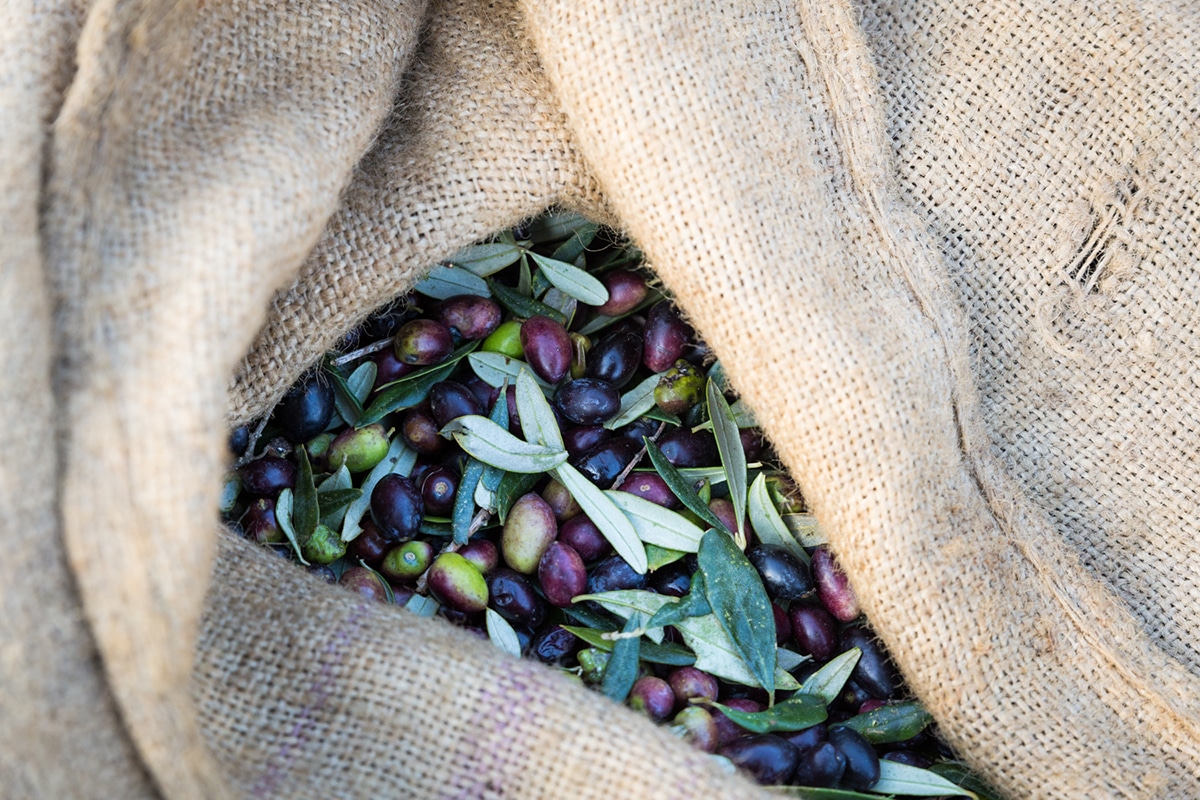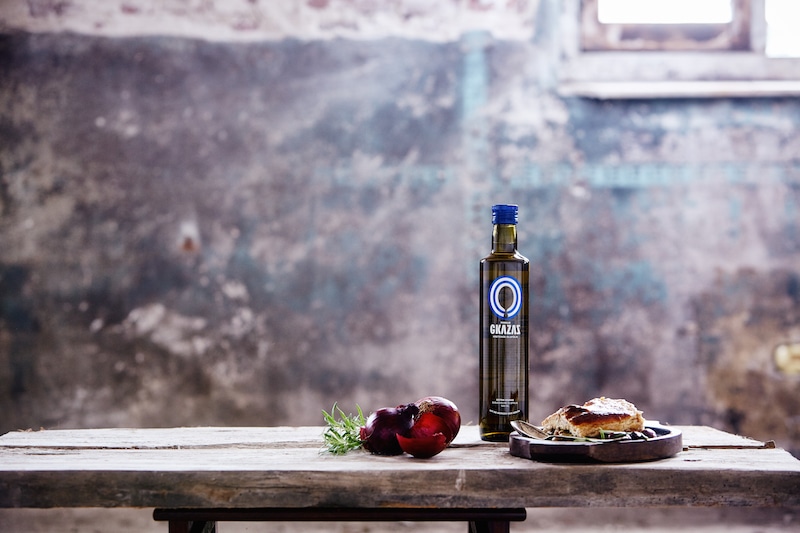Olive oil vs rapeseed/canola oil. What are the health benefits and what are the differences? Is rapeseed oil better than olive oil, or vice versa? Numerous studies have been done on both oils, so don’t attack us too hard on a lack of nuance. We just briefly summarize some facts about both oils: olive oil vs. rapeseed oil!
Characteristics of olive oil
Olive oil contains saturated fats and percentages of omega-3 and omega-6. But the big stars of its fatty acid profile are its monounsaturated fats, mostly in the form of oleic acid. Monounsaturated fats are linked to a reduced risk of high blood pressure and a decrease in cholesterol, both of which are associated with heart disease. Research shows, as we wrote before, that olive oil benefits heart health in multiple ways and reduces the risk of cardiovascular risks.
Characteristics of rapeseed oil
What is canola/rapeseed?
The canola plant is widely used in agriculture, but there is also a wild variety. This variety is called rapeseed. You can see the plant, which you recognize by its yellow flowers, blooming in large quantities along the roads in the Netherlands in spring.
What is rapeseed oil?
Relatively speaking, rapeseed oil has not been sold as a food for that long. In the past it was mainly used as lamp oil. It is a vegetable oil that is extracted from the seeds of rapeseed (Brassica Napus). The taste of rapeseed oil is very mild and neutral and is therefore sometimes preferred over the present taste of olive oil (which we cannot imagine, of course).

What are the properties of rapeseed oil and is rapeseed oil healthy?
First of all, rapeseed oil has the lowest percentage of saturated fatty acids of all vegetable oils. It also contains a lot of vitamins E and K, antioxidants, valuable omega-3 and omega-6 fatty acids and a high content of unsaturated fatty acids. Omega-6 (also called linoleic acid) are essential polyunsaturated fatty acids. These fatty acids are said to have various positive properties, such as inhibiting the production of cholesterol and strengthening the immune system. However, rapeseed oil is only healthy to a limited extent and in the right proportion to omega-3 use. Fortunately, the balance in rapeseed oil between both omega fatty acids is naturally good. By the way, do you want to learn more about different oils and their health benefits? Then read this clear analysis.

Heating: olive oil vs. rapeseed oil
You can heat rapeseed oil. It has a relatively high heat tolerance, yet opinions are divided on whether or not to heat it. Would you like to fry in rapeseed oil? Use the oil only once and do not heat it above 180 degrees Celsius. The same applies to (extra virgin) olive oil, but it has a higher burning point. So you can heat both just fine, if used in the right way! Would you like more information about heating different oils? Be sure to check this page with all the ins en outs.
Also read: Buy olive oil? Pay attention to these 5 main rules so everything is guaranteed to be fine!







